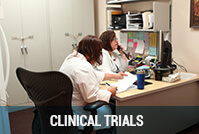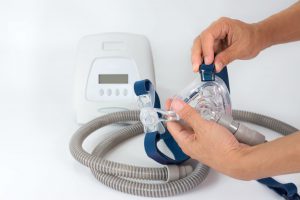Philips Respironics recalls CPAP machines
Philips Respironics recalls CPAP machines
Philips has recalled many, if not most, of its Philips Respironics CPAP, BPAP, and ASV machines on the market. The noise control foam in the machines may disintegrate. This could result in black particles in the air circuits (the device outlet, humidifier, tubing, and mask). These particles can and have caused headaches, irritation, inflammation, respiratory issues, and toxic and carcinogenic effects. Gases released from deteriorating foam can (but have not been reported to) cause headaches, irritation, hypersensitivity, nausea and vomiting, toxic and carcinogenic effects.
High heat or humidity, and ozone generating devices marketed as CPAP cleaners, may worsen the deterioration of the foam. Philips has its own recommendations for cleaning CPAP devices, basically using soap and water. It does not recommend the use of ozone generating devices (such as SoClean) claiming to clean the CPAP.
Patients with Philips Respironics CPAP, BPAP or ASV devices should register with Philips online or by phone (877-907-7508) to get their machine repaired or replaced. Patients should discuss with their physician whether to continue using the device in the meantime.
What should patients do?
We are recommending to our patients that they check their devices for any black particles in the device outlet, humidifier, tubing or mask. If they see black particles, they should stop using the device. Patients with atrial fibrillation or heart failure should continue using their devices. However, they should make sure they see no black particles, change the filter, and avoid using ozone generating “cleaning” devices. They should follow Philips Respironics’ instructions for cleaning their devices.
For other patients, it is an individual judgment. Patients with severe sleep apnea should probably continue using their machines, with the same conditions as described above. Patients with mild to moderate sleep apnea should probably stop using their machine until it is repaired or replaced, unless they get rather sleepy off their machine.
Patients should also contact their supplier about getting a replacement machine. If their PAP is still in the rental period, then the supplier should replace their machine. If the patient owns the machine, getting the supplier to replace it may not be an option.










